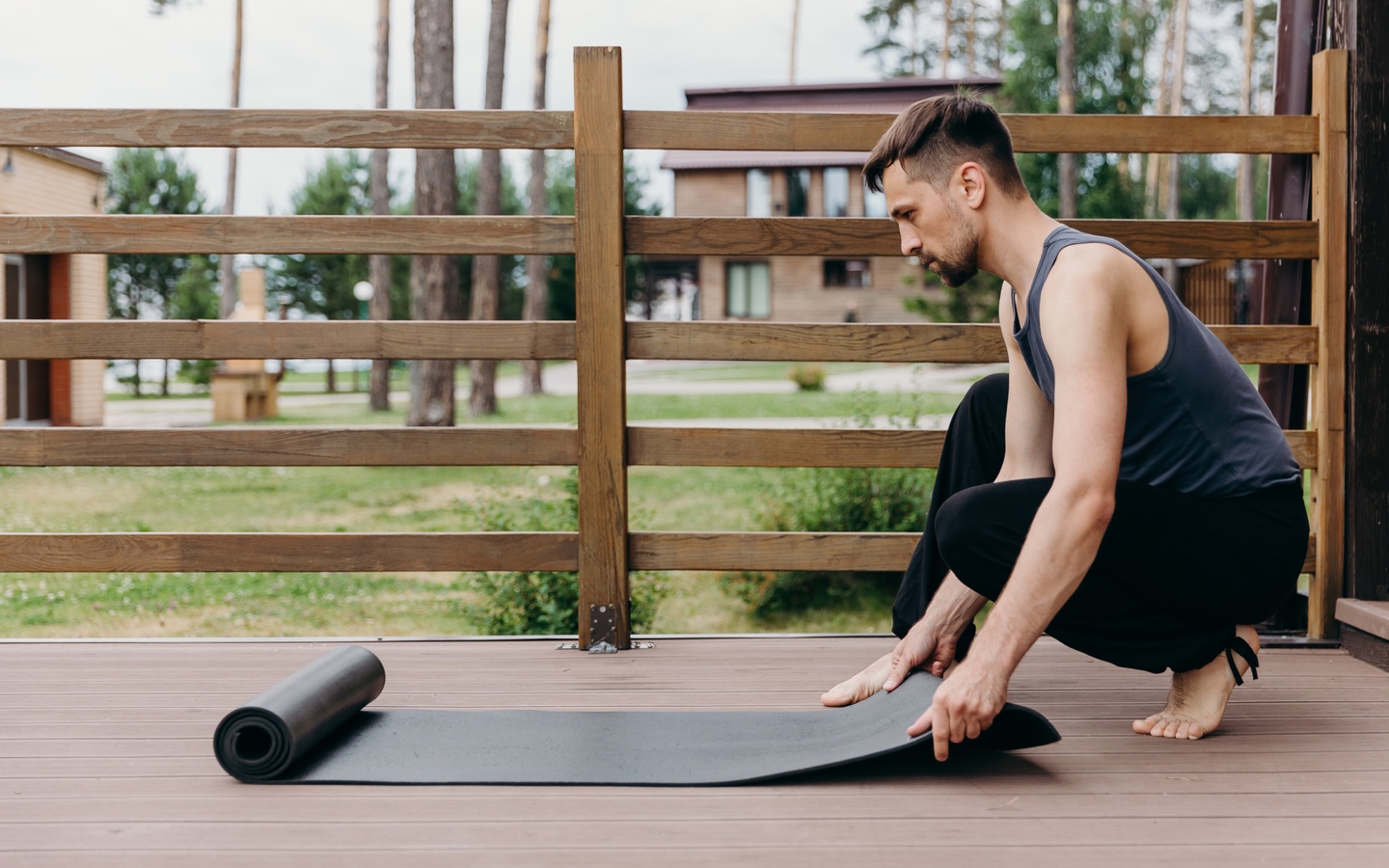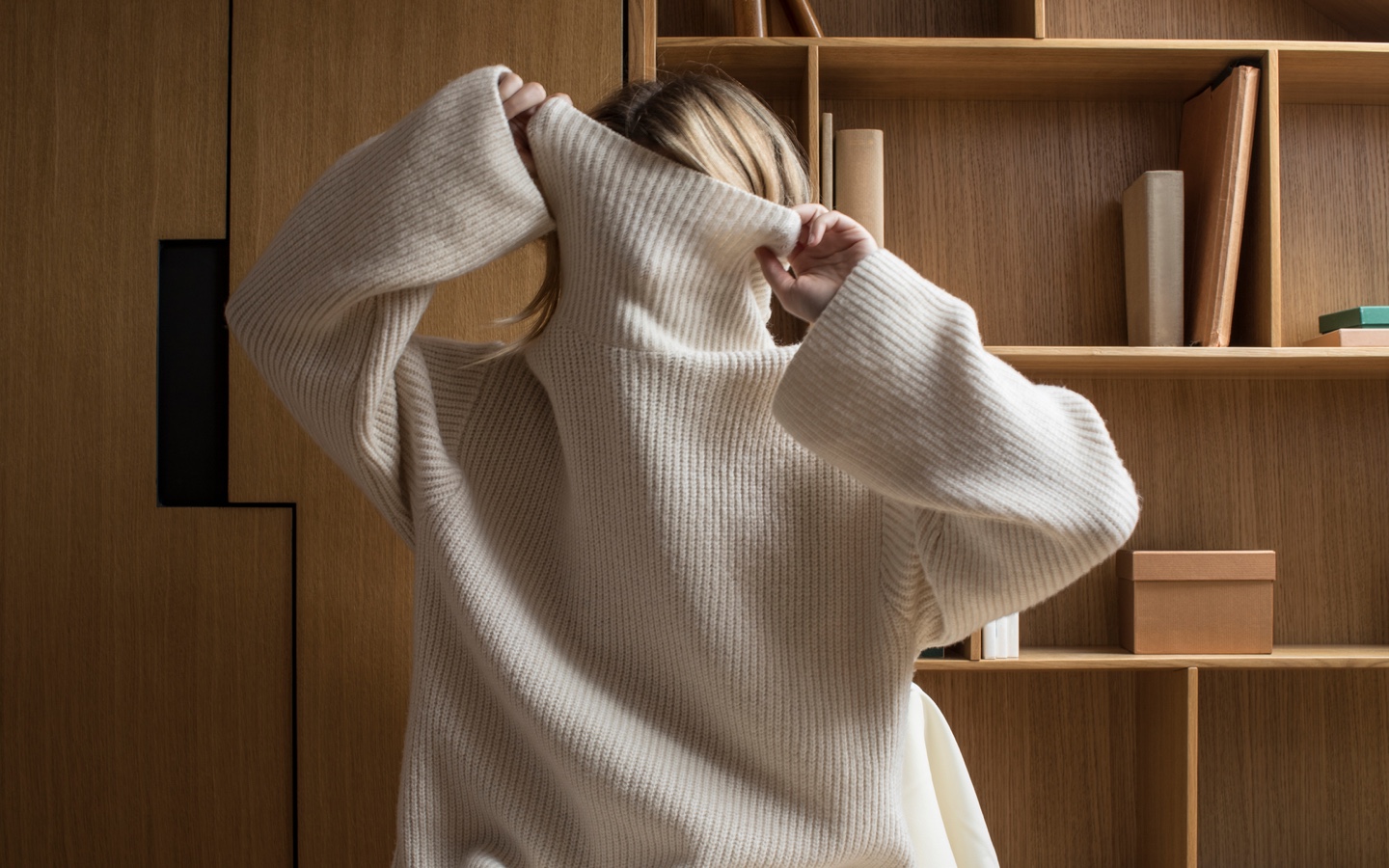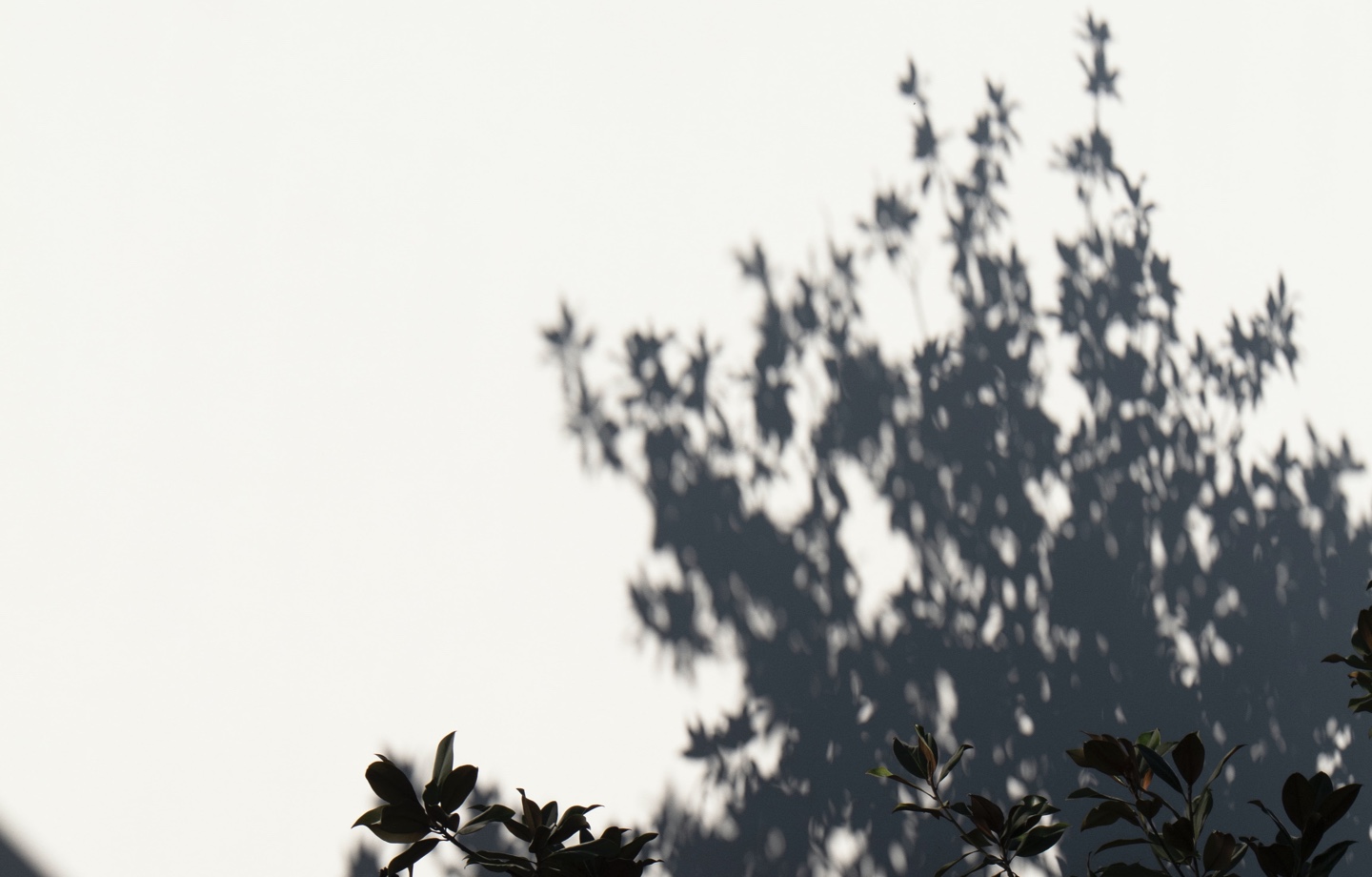Less light, shorter and colder days — here are a few winter wellness tips to help keep you healthy this season.
Ah, winter! It’s freezing and you get about five hours of sunlight each

#1 — Soak Up the Daylight Hours
The bad news: the end of daylight savings time means that it’s likely getting dark around 5:30 pm or even earlier, depending on where you live. (Sorry, Seattlites!) The good news: early birds no longer have to wake up in the dark. If that’s not you, sorry to say that rising with the sun (around 6:30 am) could make a huge difference in your mood right about now. The main reason is that it works with your circadian rhythm, the internal clock that regulates when you’re asleep and
#2 — Keep Exercising
Hey, while you’re awake so early, consider getting a workout in during the morning, too! Aside from the well-documented benefits of exercise on mood, sleep, and energy (the very things that suffer during the winter), studies have shown that exercising in bright light is likely better than exercising in dark lighting for SAD. Of course, it’s most important to fit in exercise at all, so even if you don’t have a ton of time for your full workout in the morning, a quick 20-minute stroll could be enough to get the day off to the right start.

#3 — Supplement Your Winter Light
Not only are daylight hours shorter in the winter,
#4 — Stick to a Schedule
If you haven’t traveled in almost a year but feel a lot like how you do when you step off a plane in a different time zone these days, you’re not imagining things. The end of daylight savings is a form of jet lag, shifting the timing or not just your waking hours but your meals, workday, and exercise time. If your dog is confused about why his kibble is being served an hour late, well, your body may be feeling that too. This general internal confusion can go hand in hand with classic mood suppressors, like not eating when you’re hungry, not drinking enough water, and not sleeping properly. Writing out a consistent schedule — down to things as simple as meals and snacks, bedtime, showering, walking the dog — could help you maintain a baseline of wellness that’s critical during this changing of the seasons. At the very least, hanger won’t be the cause of your grumpiness.

#5 — Force Yourself to Do Nice Things
Some of the advice for avoiding the winter blues may read kind of like a cruel joke now: get outside! Lower stress! Socialize! But these are all things that point to a very human need for novelty and community. Take it from astronaut Scott Kelly, who spent almost a year “indoors” on the International Space Station: “When you are confined in a small space you need an outlet that
Find ways to inject social time and absorbing activities into your life — maybe that means an even more avant-garde hobby, having friends over to hang around a firepit in the backyard, or layering up like Randy in A Christmas Story and heading out for a polar stroll. The more fun you can seek out during this challenging winter, the more favors you’ll be doing yourself, and society at large.

Shop Pillows
The Essential Organic Pillow Collection
Gentle, breathable, non-toxic support.






